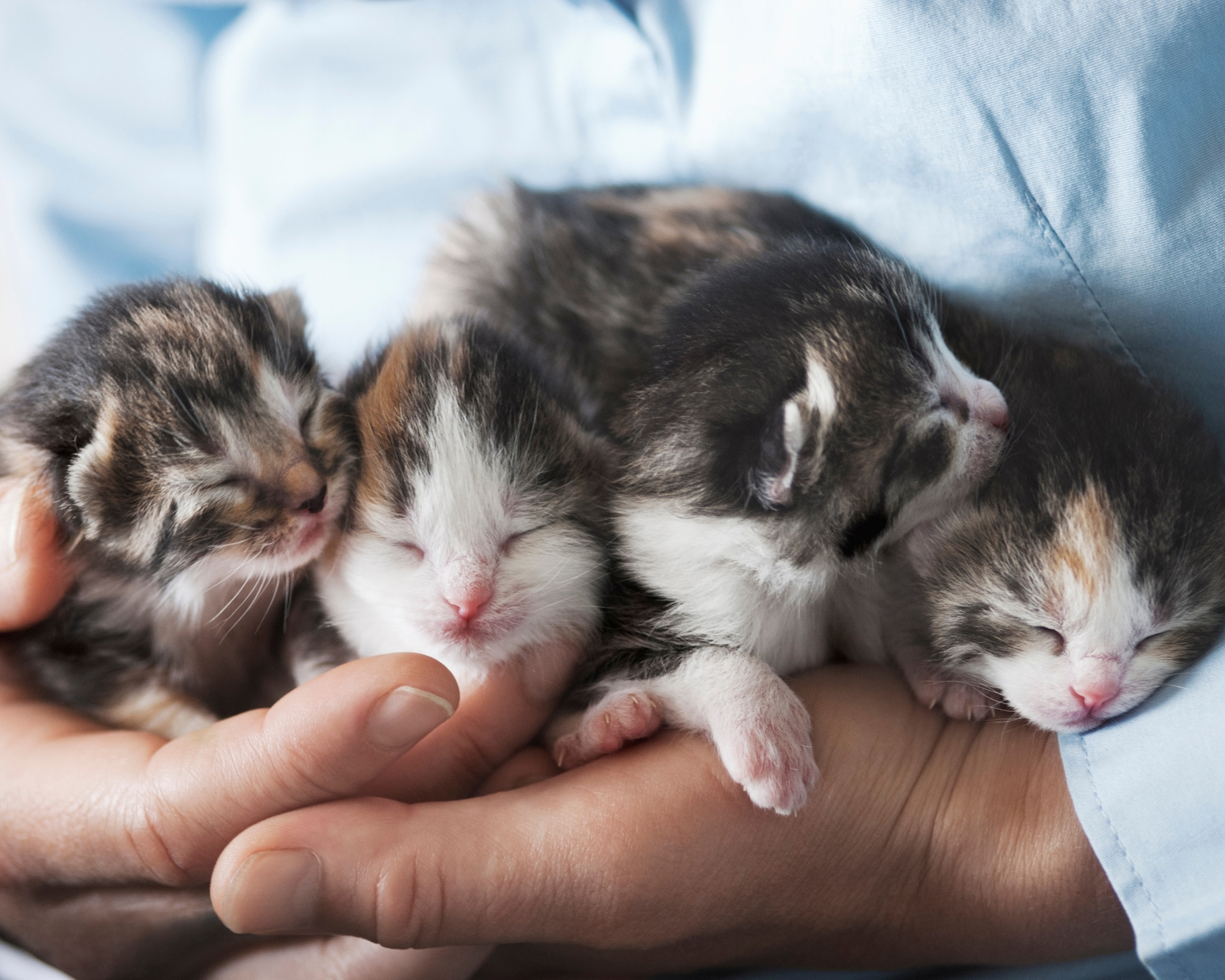
Fostering animals is, simply put, saving lives. Giving the gift of love, and volunteering to be a homeless animal foster saves lives. To foster an animal is to temporarily keep a homeless pet in your home until they are adopted or they can be taken into an animal shelter or rescue facility. Almost every shelter, and especially rescue group, relies on foster homes at some point to take care of rescued pets until they have room. Some rescue groups are run entirely through foster care.
“If less than 2% of pet-owning households in the U.S. fostered ONE pet per year, we could ELIMINATE unnecessary euthanasia in animal shelters tomorrow.” – Susanne Kogut, President of The Petco Foundation
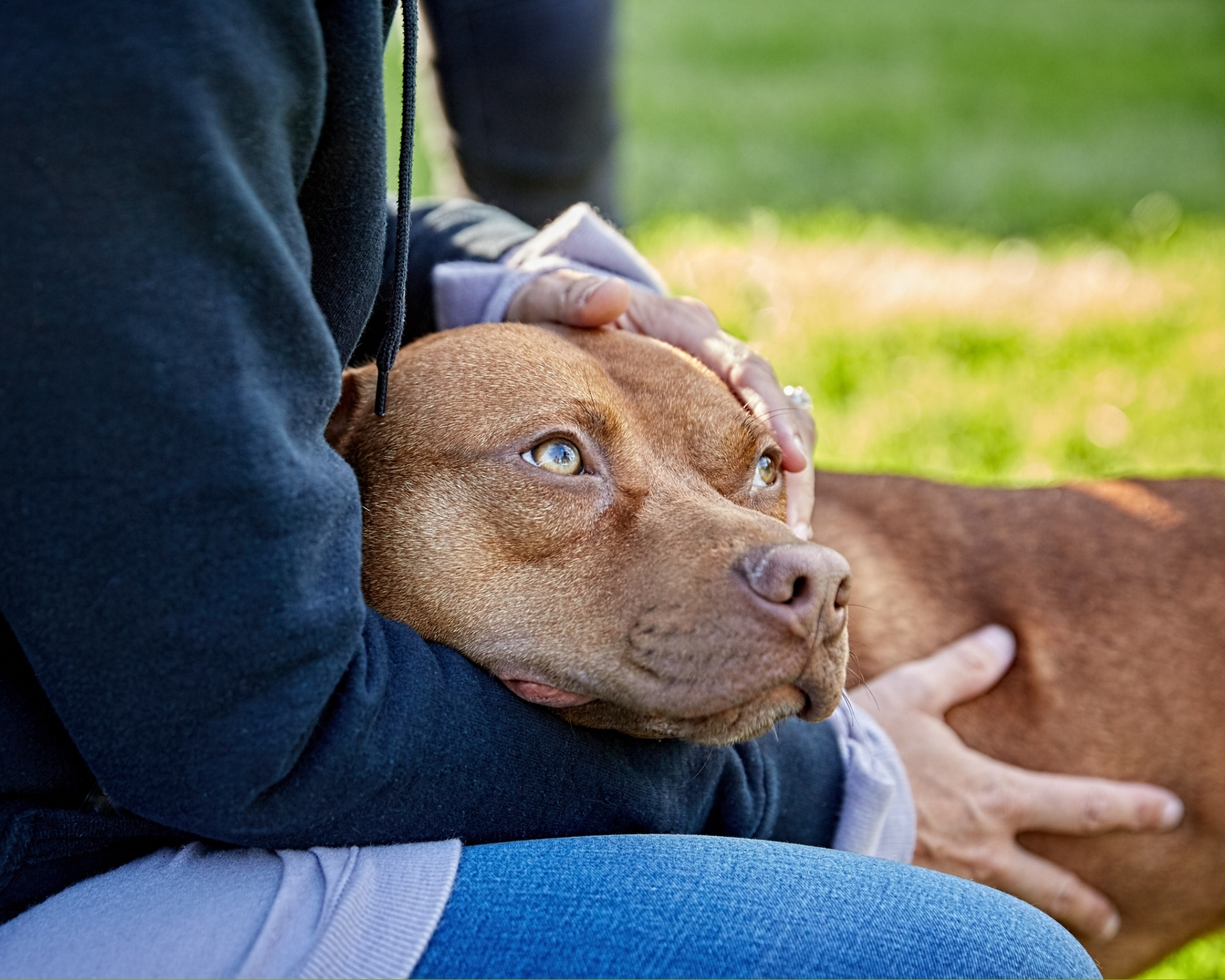
“Fostering a homeless animal while they wait to find their furever home is one of the most IMPORTANT elements of all foster based rescues. Without foster families, rescues simply cannot save animals in need. Fostering is GIVING the GIFT OF LOVE to an animal in need. I’ve been a short and long-term medical foster, hospice foster, orphaned kitten foster, holiday foster — all the most rewarding experiences ever knowing the difference we made in the lives of such deserving animals.”
As wonderful as animal shelters & rescue facilities are, they can be stressful to animals due to the noise, lack of sufficient exercise/socialization, and comfort to the scared. Many shelters lack volunteer resources to provide 24/7 care for neo-natal puppies and kittens. For a scared or animal with special needs, there’s nothing like the love and warmth of a family! Animals in foster care tend to be less stressed, better socialized, and have a lower chance of getting sick than animals in shelters.
Many times, certain rescued animals are not best suited for a shelter, caged environment. They could be a very timid stray, an owner give up that has always been in a home, or have a medical condition where the stress of shelter/caged living could make their illness worse. Special needs’ animals with a disability, injury rehabilitation or an older pet who needs more frequent TLC and attention are often also not suited for crowded, noisy shelter atmospheres .
Newborn puppies/kittens – especially bottle babies, are very vulnerable to illness and often understaffed or non-existent neo-natal volunteers at a traditional shelter. These babies, often hours/days old absolutely need to be in an experienced foster home where their health & feedings is monitored round the clock for the first 3-4 weeks. It’s a well-known fact that many shelters will euthanize these tiny newborns, often on intake, simply because they lack round-the-clock resources for their care. A foster volunteer can 100% save these babies lives from an uncertain shelter fate!
Fostering, like any other type of volunteering, takes compassion, commitment, work and a lot of patience. It can be a one-time situation, but for others, they are life-long foster parents. For most people, it is very rewarding to watch an animal in your care:
- thrive
- be mended back to health
- be placed in its forever home
- be comfortable during end-of-life care

Fostering is a great way to help shelters with the responsibility of care to animals who are not ready to go to their permanent homes or need some extra care. Not only will you help animals in need, but it’s a great way to connect to a community and feel good about what you’re doing. While most people choose to foster dogs or cats, there are also rescues for hamsters, rabbits, horses, and other animals.
If you have lots of love and time to care for an animal but not the money, fostering may be a great option for you. Many shelters/rescue groups provide foster parents with the food, medicine, and other supplies needed to take care of foster animals.
Often, many people come up with excuses not to foster. They think they’re too busy, or they don’t want to get attached to an animal they’ll have to give up in even a few weeks. If you simply refrain your thoughts, you should realize it’s literally about saving an animal’s life versus your own personal emotions. Even hospice fostering a terminally ill homeless animal for a rescue/shelter, provides an incredible sense of love, compassion and accomplishment knowing you gave that animal a “home, a family, TLC, and a sense of worth” at the end of their life which it wouldn’t have known had the animal been left to live those hours/days out alone in a cage.
You could also simply be helping a pet’s owner who finds themselves in situations where they temporarily cannot take care of their pet. This could be a result of:
- hospitalized
- entering domestic abuse shelters
- dealing with a natural disaster
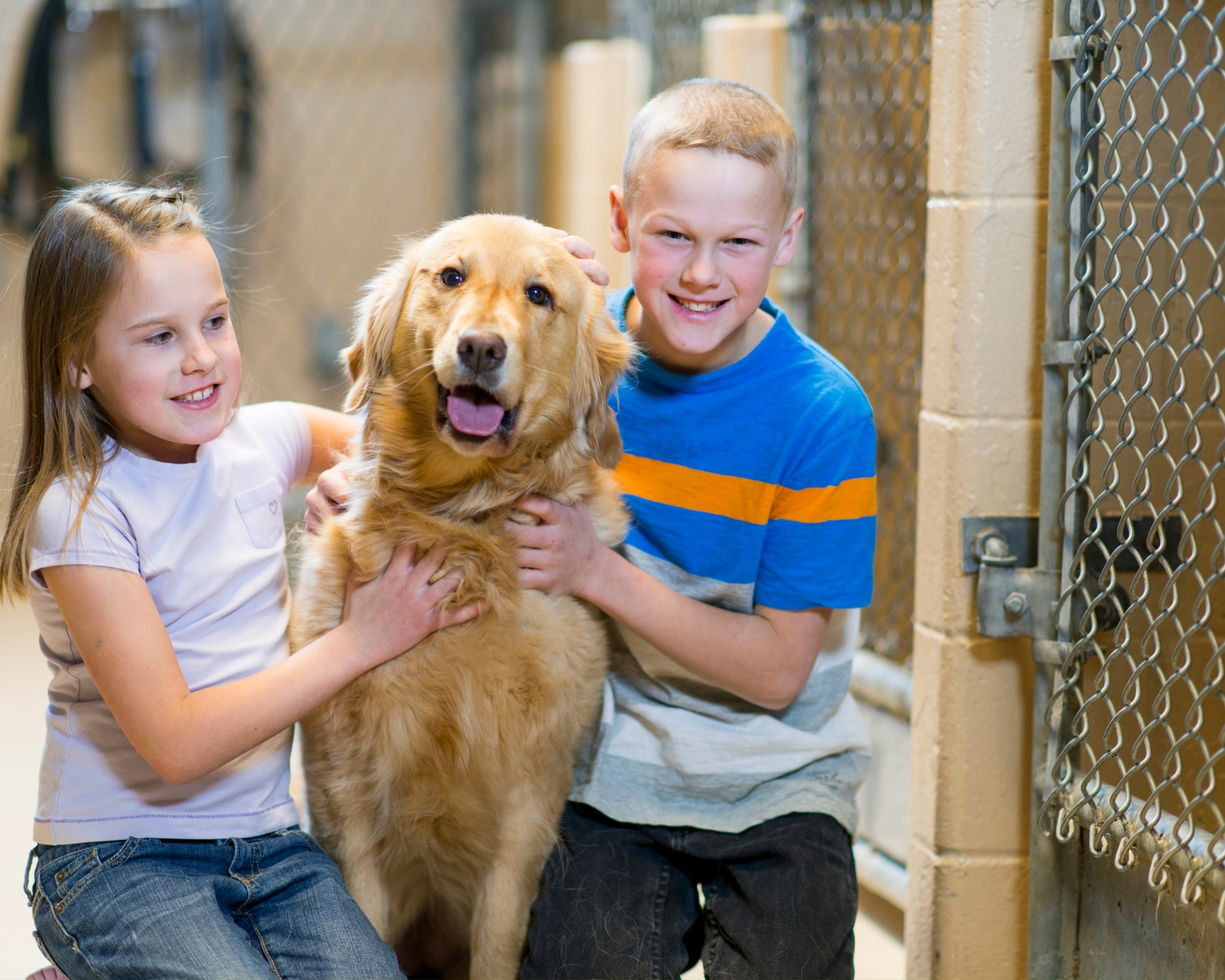
Pet ownership is a great responsibility, and sometimes people don’t realize this. Maybe your kids are begging for a new pet, but you’re not sure they’re really ready. Are you possibly entering a different phase of your life, and missing a pet, but not sure you’re ready for a life-long commitment. As a foster, you will experience all the roles of pet ownership — feeding, playing, administering medication, and the general overall care for the animal, but as a temporary foster. However, as fostering is a temporary situation, if you realize ownership isn’t right for you, you at least have provided a good start before the animal finds its permanent home.
The term “failed foster” is proudly shared in the rescue world. This is when you have fallen so in love and bonded with a very special foster, that you officially adopt them yourself. A failed foster is a badge of honor that has a universal, unspoken definition.
CAN I ADOPT THE DOG or CAT I FOSTER? YES, by going thru the rescue/shelter’s organization process
I HAVE A PET? CAN I STILL BE A FOSTER PARENT? YES, if your current pet is compatible with the foster dog or cat. It could be therapeutic & beneficial for both animals
WILL I BE RESPONSIBLE FOR ALL COSTS AS A FOSTER? This varies from rescue to rescue — there are many options typically available to create WIN-WIN-WIN situations for animal-foster-rescue.
WHAT’S THE FIRST STEP TO BE A FOSTER? Contact your local rescue/shelter and tell them “I’M READY TO SAVE A LIFE or 2!?
Here are seven reasons why you should consider becoming a foster parent:
- Fostering increases an animal’s chance of getting adopted.
- Your own pets will learn more social skills.
- You get to see if you’re ready to own another pet.
- You probably already have the space for one more.
- You can choose how to foster. Only want to foster bulldogs? Prefer to look after kittens? Can’t foster for more than a few months at a time? Most rescues can accommodate your requests, as long as you agree to it beforehand and give them plenty of notice about changes.
- Fostering keeps animals out of shelters.
- You are saving a life!
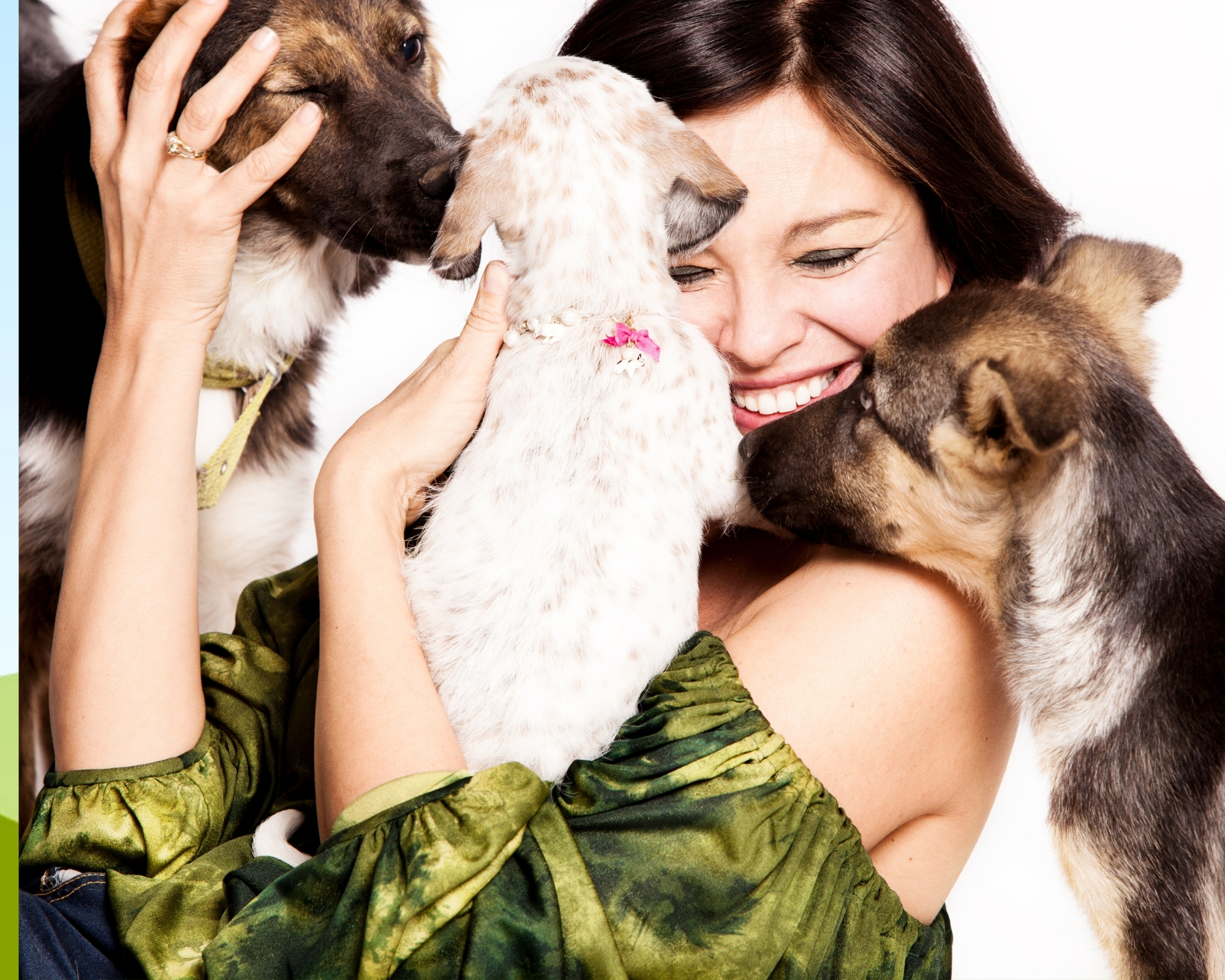
Bottom line of Fostering. You feel good + your shelter or rescue group helps more animals = foster pets that are happy, healthy, and well-socialized. TOTAL WIN, WIN, WIN!
Are you open to help make the U.S. NO-KILL just by FOSTERING? It’s an easy and fun experience guaranteed to change your life and the life of a deserving animal! Reach out to your local shelter or rescue today and just ask! Your life will be changed instantly for the better !
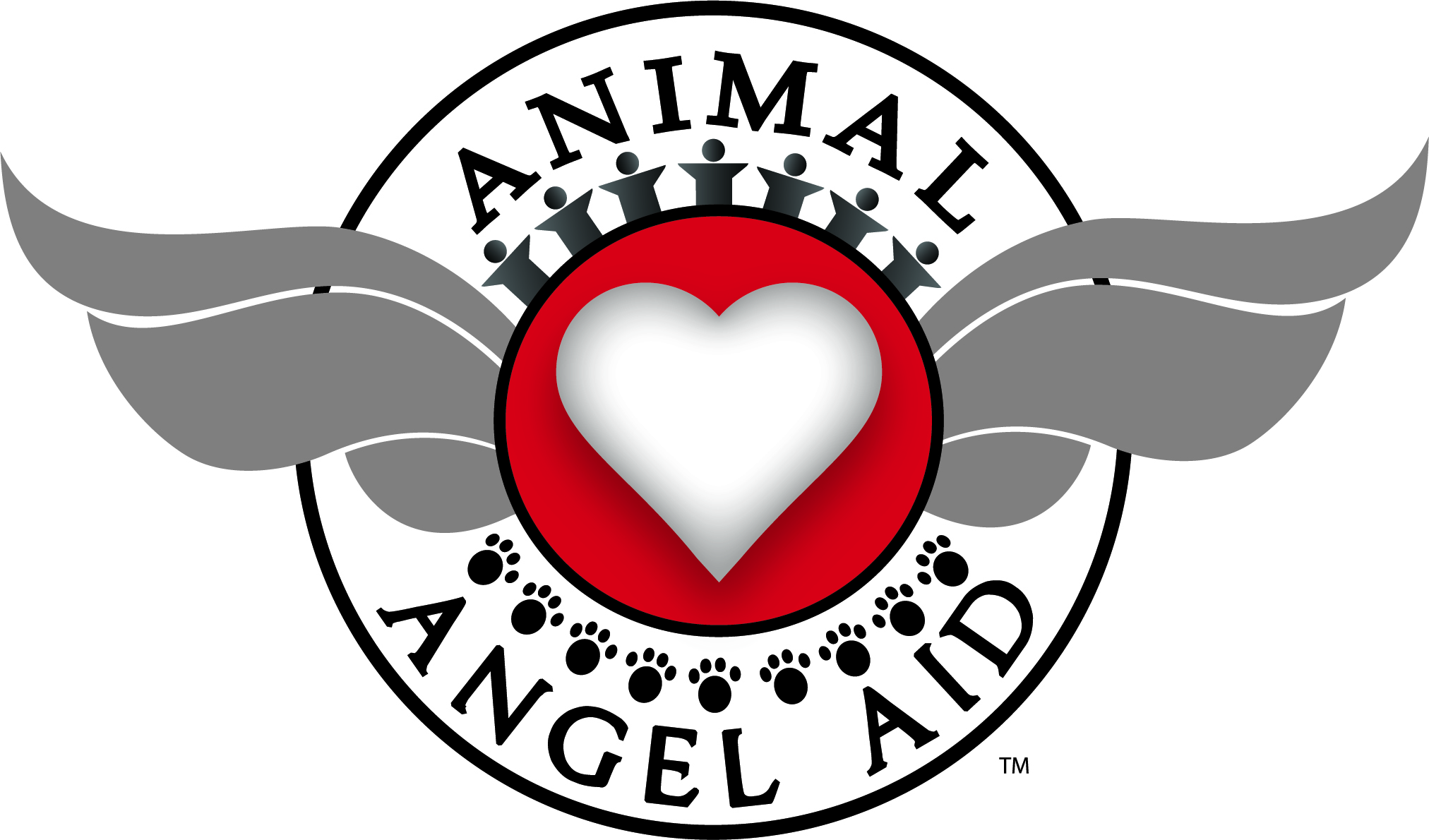
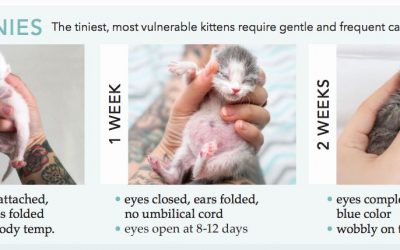


0 Comments